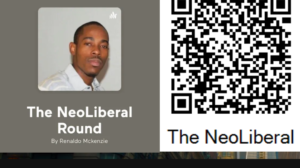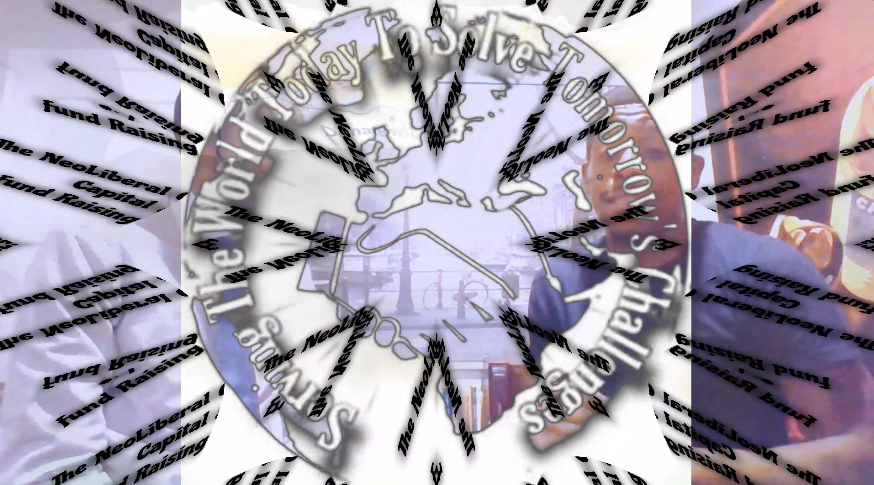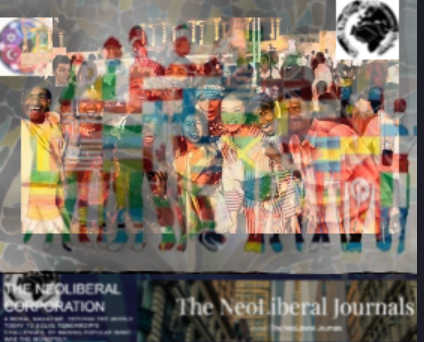In a world filled with diverse beliefs and interpretations of religious texts, it is crucial to foster interfaith unity, understanding and acceptance rather than judgment and condemnation. There are those who assert that certain practices, such as the prohibitions against adultery or fornication, should be universally condemned based on interpretations of Hebrew scriptures and prophetic authority. However, it is important to recognize that such methods of exegesis and biblical interpretation can be both inaccurate and misleading.
The Bible, composed of 66 books written over various periods and epochs, is divided into two sections: the Old Testament and the New Testament. While some argue that the Bible is the inspired word of God, it is essential to understand that it is not just a religious book; it is also a book of customs and culture. It outlines the history and preserves the customs of particular societies and peoples.
The Old Testament, in particular, was never intended to be a universal religious book for all of humanity but rather a specific document detailing the instructions and way of life of the Hebrew/Jewish society and nation. The words of the prophets and religious leaders reflected the laws and traditions of their people, acting as cultural preservers and leaders. These instructions provided insight into Jewish taboos and philosophy and utilized the authority of God to enforce cultural norms.
The New Testament, similarly, is not solely a religious book but also a collection of historical books providing cultural guidelines for Greek/Roman society. The language of the Bible is inherently cultural, and so are the instructions it contains. Yet, some seek to universalize these scriptures, ignoring their cultural context.
It is important to acknowledge that history often evolves beyond its original intentions. Interpretations of works like Homer’s Iliad or V.S. Naipaul’s novels have varied over time, reflecting the diversity of human nature and circumstances. While many seek to normalize their own cultural interpretations, we must recognize the multitude of ways that different cultures and people express their encounters with the divine.
God speaks to diverse peoples in various tongues, and they express their experiences through a multitude of lenses, suggesting a rich diversity in understanding the divine. Limiting God to a single interpretation based on privilege or cultural bias diminishes the infinite nature of the divine. We must remember that our worship is not directed towards humanity but towards God.
Critical thinking should be encouraged, as it challenges prevailing narratives that prioritize one way over others. We should embrace various interpretations of God’s revelations, recognizing that none is superior to the other. Ultimately, we strive to become one with reality while celebrating our individuality.
The story of Jesus, whom Christians believe to be God in Christ, serves as an instructive example. He sacrificed his divinity to draw all humanity together. Perhaps, this selflessness and willingness to transcend privilege and divisive doctrines should guide us in healing humanity’s divisions.
Insisting on “my way or the highway” is both selfish and ungodly. The truth should not be limited to a particular denominational interpretation, often inherited from foreign cultures with cultural and religious practices. Instead of allowing others to proselytize us with scriptures that condemn us based on their privileged perspective, we should seek our own spiritual path.
In closing, God cannot be confined to a single idea or interpretation. The colors of life reflect the colors of God, a diverse and inclusive divine presence. Let us strive for unity in diversity, respecting the multifaceted ways in which people connect with the divine.
We’re doing a study on changing attitudes towards Afro-Caribbean beliefs in Jamaica. This is important as Jamaicans had historically adopted biased attitudes towards African and indigenous spiritual practices; valuing those faiths borne within a particular culture. One that they believed superseded theirs and their ancestors. I introduced the subject matter writing:
In Jamaica, there has historically been a negative perception towards African and indigenous spiritual practices, religious beliefs, customs, and faiths that draw influences from Urban Indian Heritage or African traditions. Rastafarianism, Obeah, Voodoo, Pocomania or pocco church, revivalists, and Muslim beliefs have often been marginalized, deemed as fringe, demonic, and unpopular, juxtaposed against the inherited traditions from European colonialism. The Judeo-Christian faith, such as Roman Catholicism, Protestantism, and evangelicalism, has been favored and considered closer to the truth and the ideal. However, in the 21st century, with increased exposure, awareness, critical thinking, and a more liberal lifestyle, particularly among the younger generation, it is crucial to investigate whether attitudes towards Afro-Caribbean beliefs are changing. This study aims to explore the shifting attitudes of Jamaicans and the factors contributing to these changes, considering demographic variables such as location, age group, educational levels, income status, political affiliation, denominationality, and religious beliefs.
You can read about the study in the full article here:
Written by Renaldo McKenzie, Adjunct Professor, in Caribbean Thought and Caribbean Theology, Author of Neoliberalism, Globalization, Income Inequality, Poverty and Resistance and the upcoming book, Neoliberal Globalization Reconsidered, Neo-Capitalism and the Death of Nations. Renaldo is Editor-in-Chief at The NeoLiberal and President at The NeoLiberal Corporation.

Check out our latest Podcast episodes and YouTube videos of The NeoLiberal Round Podcast on any stream. Find your stream here: https://anchor.fm/theneoliberal
Youtube: https://www.youtube.com/channel/UCPGWxe0zZYguCmGMdEmkhiw
The Latest Episode of The NeoLiberal Round Podcast dated September 4, 2023 at midnight.
Subscribe and support The NeoLiberal Round Podcast:



